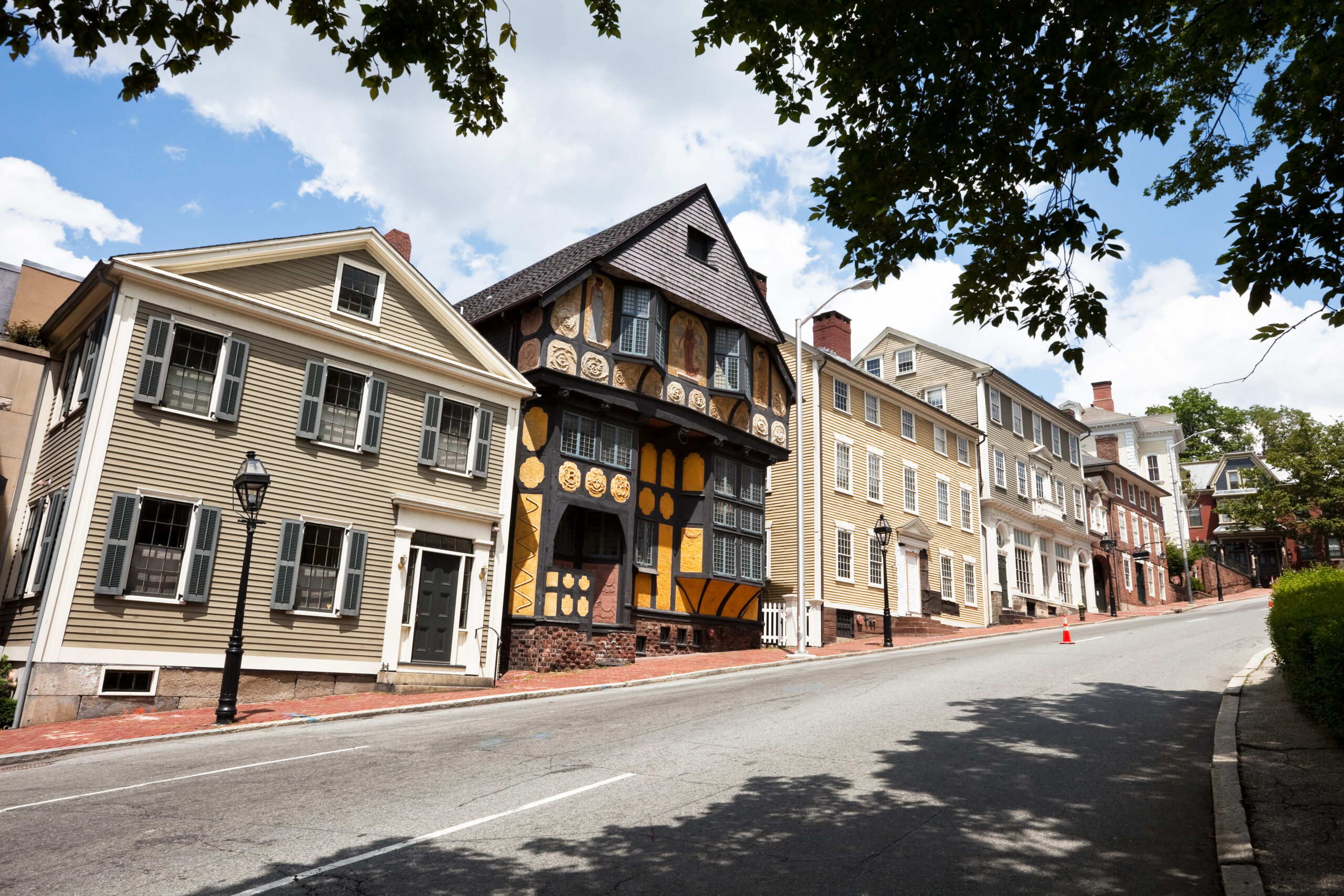
The Truth About Beverage Taxes
While proponents of a “soda tax” or “sugary beverage tax” say they are critical tools to improving public health – the facts prove otherwise.
Numerous studies show that a tax on sodas and other sugar-sweetened beverages have not reduced beverage calories in a significant way. What they do is raise prices dramatically on everyday beverages, hurting working families, small and local businesses and their employees.
Costs are already rising for working families in Rhode Island. Inflation, supply chain issues and the price of gas are making everyday items more expensive. Look at the record, when Philadelphia implemented its beverage tax: grocery stores were forced to raise prices by more than 33%.
Numerous independent studies have made it clear – beverage taxes don’t work when it comes to driving down rates of obesity and diabetes. They only place burdens on those already struggling.
Numerous independent studies have made it clear – beverage taxes don’t work when it comes to driving down obesity rates and consumption. They only place burdens on those already struggling.
Researchers for the CDC say that consumption of sugar-sweetened beverages among youth and adults in the United States has decreased significantly over a 15-year period. But at the same time the prevalence of obesity has increased” says the CDC National Center for Health Statistics. If beverages were driving obesity rates, those rates should have gone down with the drop in soda consumption.
A study by Drexel University found that the Philadelphia beverage tax had minimal to no influence on what Philadelphians are drinking, saying, “there was no major overall impact of the tax on general population-level consumption of sugar-sweetened or diet beverages, or bottled water.”
A 2019 study by researchers at Northwestern, UCLA and Washington University St. Louis on the beverage tax in Philadelphia found that the tax was limited in its ability to improve calorie and sugar intake, and affected low-income shoppers more severely.
Where beverage taxes have been imposed, communities have seen layoffs, cutting of work hours for employees, and higher prices on consumers. An Oxford Economics study found the tax in Philadelphia caused 1,200 people to lose their jobs and GDP decreased by $80 million.
Several ShopRites and Fresh Grocers in Philadelphia had to reduce hours of their unionized workforce due to a steep drop-off in sales caused by the beverage tax, equivalent to more than 200 full-time employees.
According to Catalina, a national market research firm, sales of soda went down a devastating 55% in the first year of the 1.5 cent per ounce tax. Yet, soda sales just outside the city went up by 38%, verifying that much of the reduction in sales in Philadelphia was due to cross-border shopping, said Catalina.
“(The beverage tax) would add another unwelcome financial burden to me and my fellow restaurant and small business owners throughout the state.”
-Anastasios, Owner of Tony’s Pizza in Pawtucket


